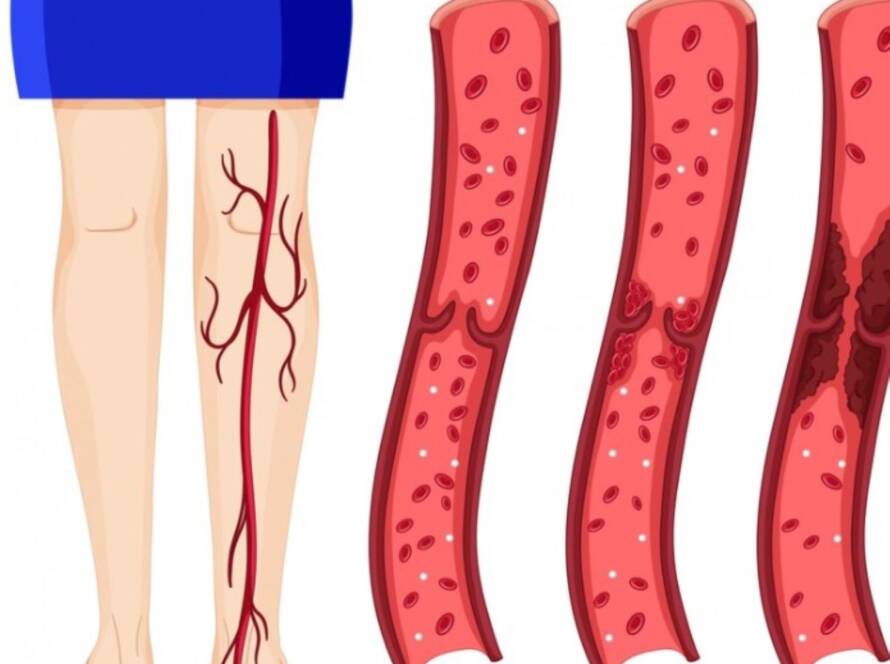Calcium plays a crucial role in various physiological processes within the body, and its concentration in the blood is tightly regulated to maintain homeostasis. In the blood, calcium exists in two forms: ionized calcium and bound calcium. Ionized calcium, the biologically active form, participates in muscle contraction, nerve transmission, hormone secretion, and blood clotting. It acts as a secondary messenger in cellular signaling pathways, influencing vital functions such as cardiac rhythm and smooth muscle contraction.
The concentration of calcium in the blood is primarily regulated by parathyroid hormone (PTH), calcitonin, and vitamin D. PTH stimulates the release of calcium from bones and enhances its absorption in the intestines, thus increasing blood calcium levels. Calcitonin, on the other hand, inhibits bone resorption, reducing blood calcium levels when they are elevated. Vitamin D promotes calcium absorption in the intestines, enhancing its availability for physiological functions.
Imbalances in blood calcium levels can lead to various health issues, including muscle weakness, nerve dysfunction, osteoporosis, and even cardiac arrhythmias, highlighting the importance of maintaining calcium homeostasis.
This frequency video will help:
✅ Balance calcium levels in the blood
✅ Improve muscle weakness
✅ Enhance nerve function






